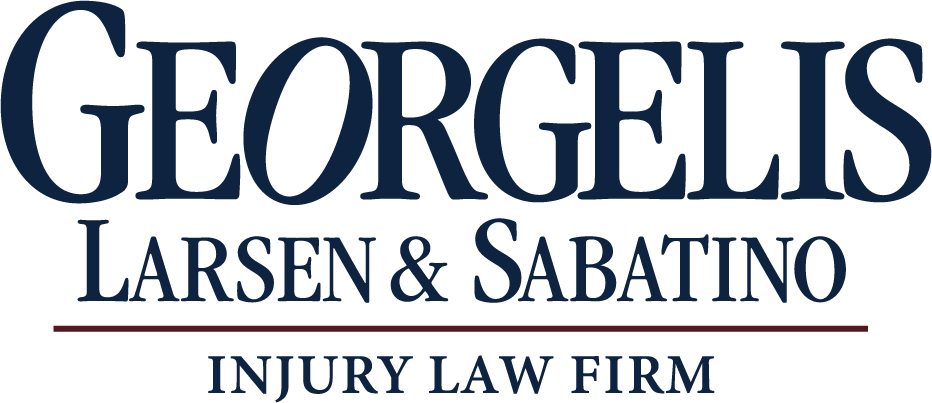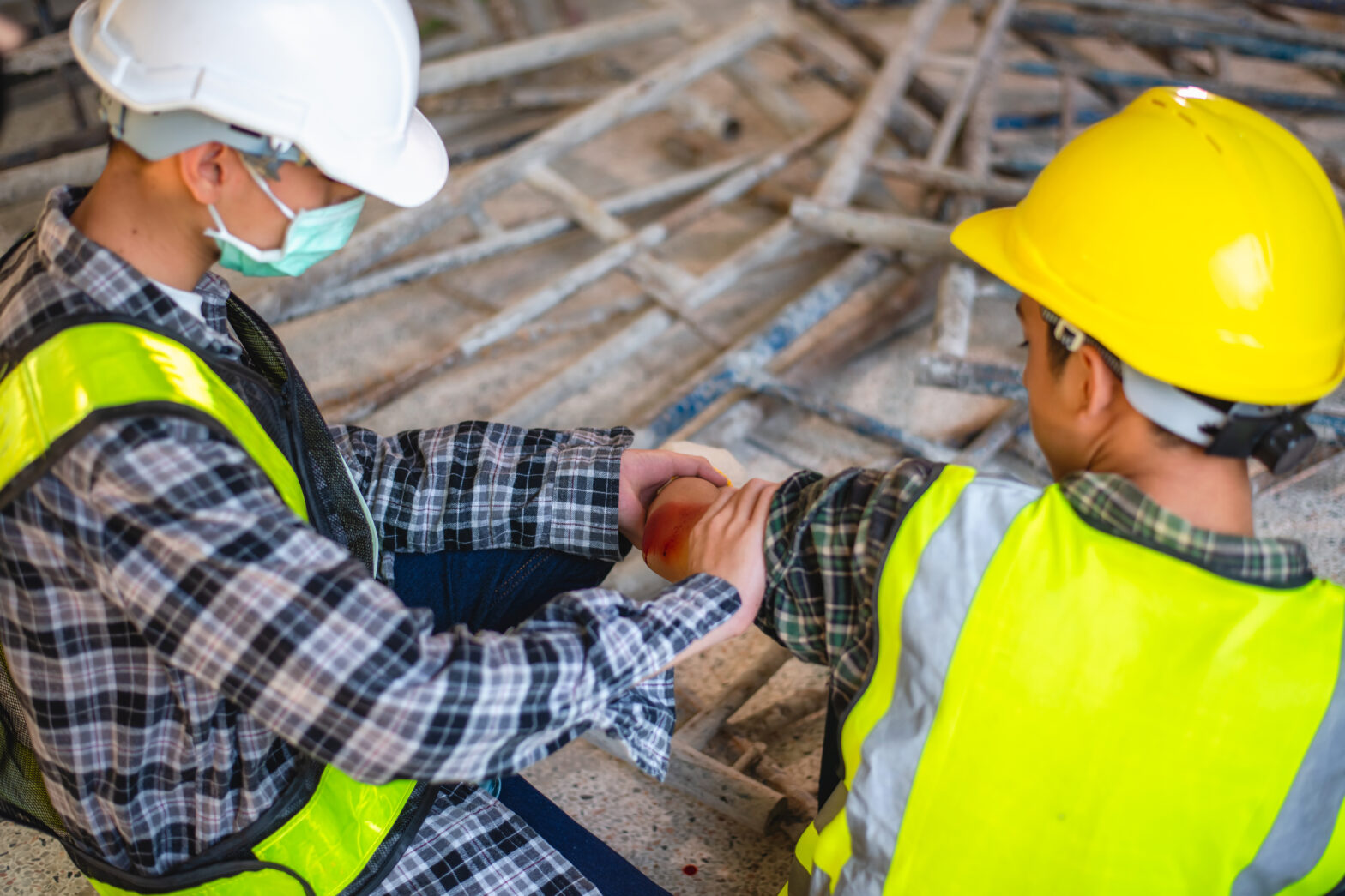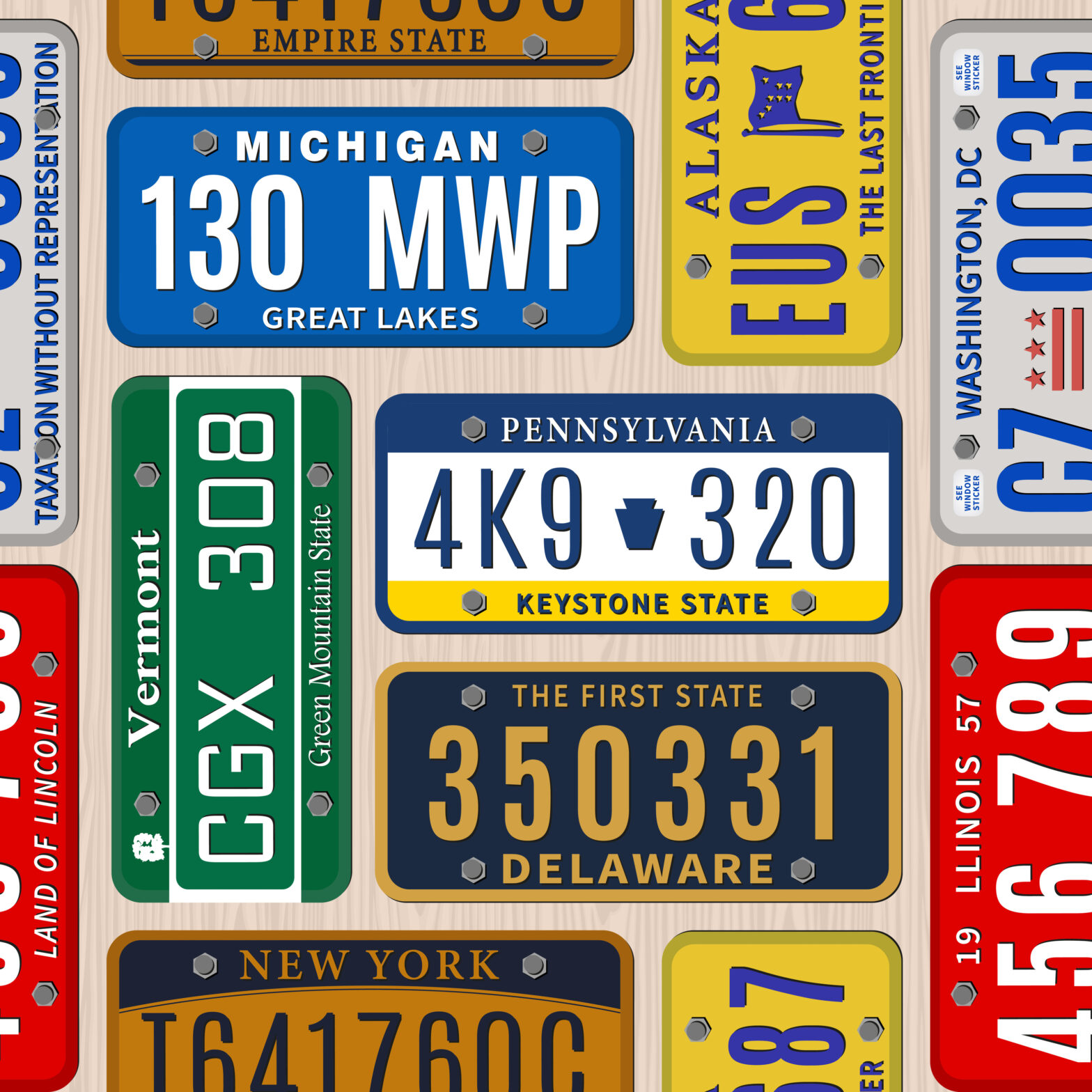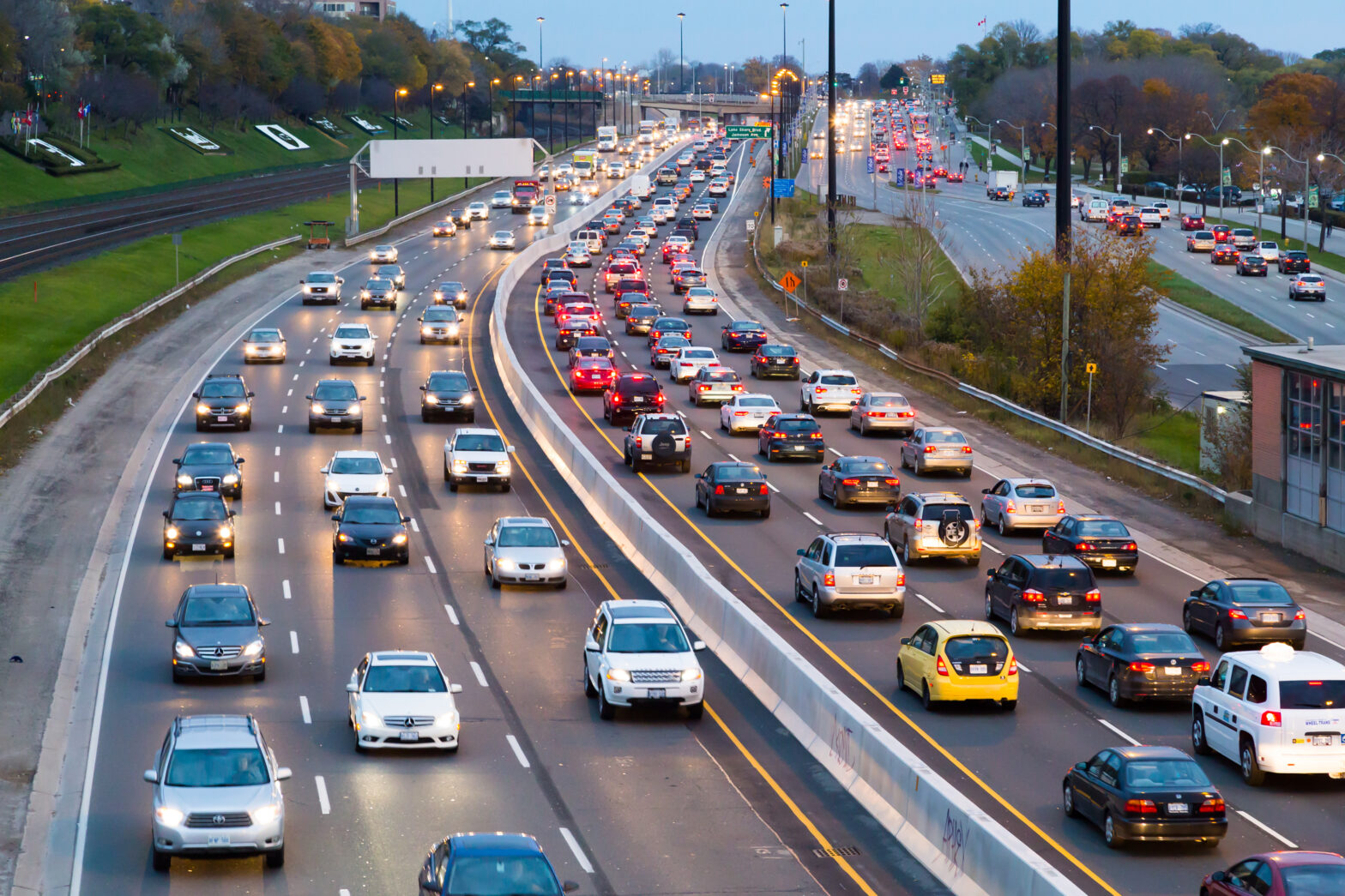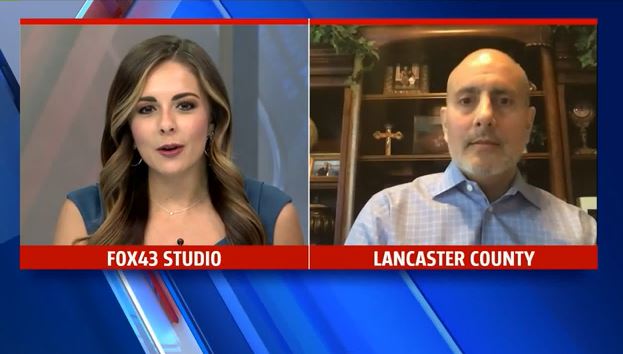
There has been a lot of talk lately about the risks our essential healthcare workers face every day being on the front lines during the COVID-19 crisis. Their jobs are vital to the rest of us, so they must continue their work, even though they are at a higher risk of getting coronavirus. It has a lot of them asking questions about workers’ compensation and what they might be entitled to. Then there are the others right now who were getting workers’ comp benefits before this outbreak, who are now wondering where things stand with that.
Attorney Anthony Georgelis joined Bryanna Gallagher of FOX43 Morning News, to dive into the issues surrounding workers’ compensation and COVID-19.
Workers’ Compensation and COVID-19
Bryanna: So, let’s start with our essential workers. If a nurse, for example, gets the coronavirus, would he or she be eligible for workers’ compensation benefits?
Tony: With the present climate, there’s been a lot of discussion about this recently. While the issue is not completely settled, my opinion is that—as the law is written now—it’s going to be very difficult to establish that a COVID-19 diagnosis is a compensable occupational disease or work injury. Pennsylvania law gives a rebuttable presumption to diseases that meet three criteria. A rebuttal presumption is very important because it is presumed that the employee’s disease is work-related.
The three criteria are:
- One, the employee is exposed to the disease by reason of their employment
- Two, the disease is causally related to the employee’s industry or occupation
- And, three, the occurrence of the disease is substantially greater in that industry or occupation than it is in the general population
Looking specifically at the third one—because COVID-19 is novel, or so new, it seems next to impossible to establish the occurrence of the disease is substantially greater in that industry or occupation than it is in the general population. If this is the case, coronavirus will not be considered an occupational illness, which means that an employee would need to prove, within a reasonable degree of medical certainty, that the COVID-19 diagnosis is work-related.
Arguably, this burden will include pinpointing the exposure that resulted in the employee contracting the virus. In other words, in order to establish that their coronavirus diagnosis is occupation-related, in all likelihood, a healthcare employee will need to trace their exposure back to a specific time, event or circumstances on the job. Part and parcell with this will be demonstrating that they were not exposed to the virus outside of work. The last thing I should mention is that my analysis is based upon the current state of the law.
The Pennsylvania legislature certainly could make this easier on claimants by carving out an exception that makes COVID-19 one of the occupational diseases that carries with it a rebuttable presumption of being related to the job duties of a healthcare worker.
Bryanna: So…it sounds like, even though insurance companies and courts will be addressing these claims on a case-by-case basis, it will be extremely difficult for a healthcare worker diagnosed with COVID-19 to prove that the disease is a direct result of their job… in light of this, if you are in the healthcare industry with exposure to the virus and begin experiencing symptoms, what should you do?
Tony: Well, first off, make an immediate report to your employer, letting them know that you believe you contracted the disease through your work duties and that you will be seeking out medical treatment. Also, get the contact information for the employer’s workers’ compensation insurance company. When you see a healthcare provider, make sure you provide them with all of the information surrounding your exposure to COVID-19, so that they can properly document how the virus was transmitted to you.
As difficult as this may seem, Pennsylvania court decisions suggest that, if an employee can prove the specific source of infection was a workplace exposure that occurred within the scope of employment, then the effects of the resulting disease are compensable. The workers’ compensation insurance company has 21 days to make a decision on your claim.
If your COVID-19 diagnosis is determined to be related to your occupation, you will begin receiving the appropriate wage loss and medical benefits. If your claim is denied, a petition should be filed with the bureau of workers’ compensation right away.
Bryanna: Given the nature of COVID-19 claims and the current environment, how does your office handle these claims?
Tony: We are set up remotely to help clients with these claims swiftly and without missing a beat. If you call into our office and speak with our receptionist, an attorney will call you back within minutes to discuss your claim, answer your questions and give you guidance and recommendations—and there’s no cost to you. If your claim is accepted, we make sure you get all of the compensation and benefits you are entitled to receive.
If your claim is denied, we immediately electronically file a petition on your behalf. Either way, we make the process as seamless and streamlined as possible. Our healthcare workers are risking life and limb on the front lines for us every day, and we all have to do what we can to help and protect them.
Bryanna: I want to digress a bit. What about injured workers who had returned to work with restrictions or limitations before this outbreak… but have since been laid off? Will they receive wage loss benefits through the workers’ compensation system?
Tony: If you were back to work under restrictions or at a light duty position as a result of an accepted workers’ compensation claim…it is our position that you are entitled to an immediate reinstatement of your temporary total disability benefits.
Now, we’ve seen some employers encourage workers to file for unemployment instead of going the workers’ compensation route. There are potential consequences to this, some of them negative. So, if you’re in this situation, feel free to call us to talk about your claim and ask questions to find out what is best for you and your family. We never charge a penny for these information sessions.
Bryanna: So a couple of key takeaways here… it’s always worth checking to see if you have a case for workers’ compensation… electronic filings are allowing things to move along, even with most places being shut down… and anyone who has had their workers’ compensation claim denied or their checks stop – really should contact an attorney…
Tony: That’s exactly right. These are tough times, and we are here to help in any way we can.
Bryanna: Alright…if you have any questions about workers’ compensation or if you’ve been injured in an accident – you can call Georgelis, Larsen & Sabatino Injury Law Firm, P.C. at 1-800-HURT-NOW.
Workers’ Compensation and COVID-19, as Seen on FOX43 Morning News
